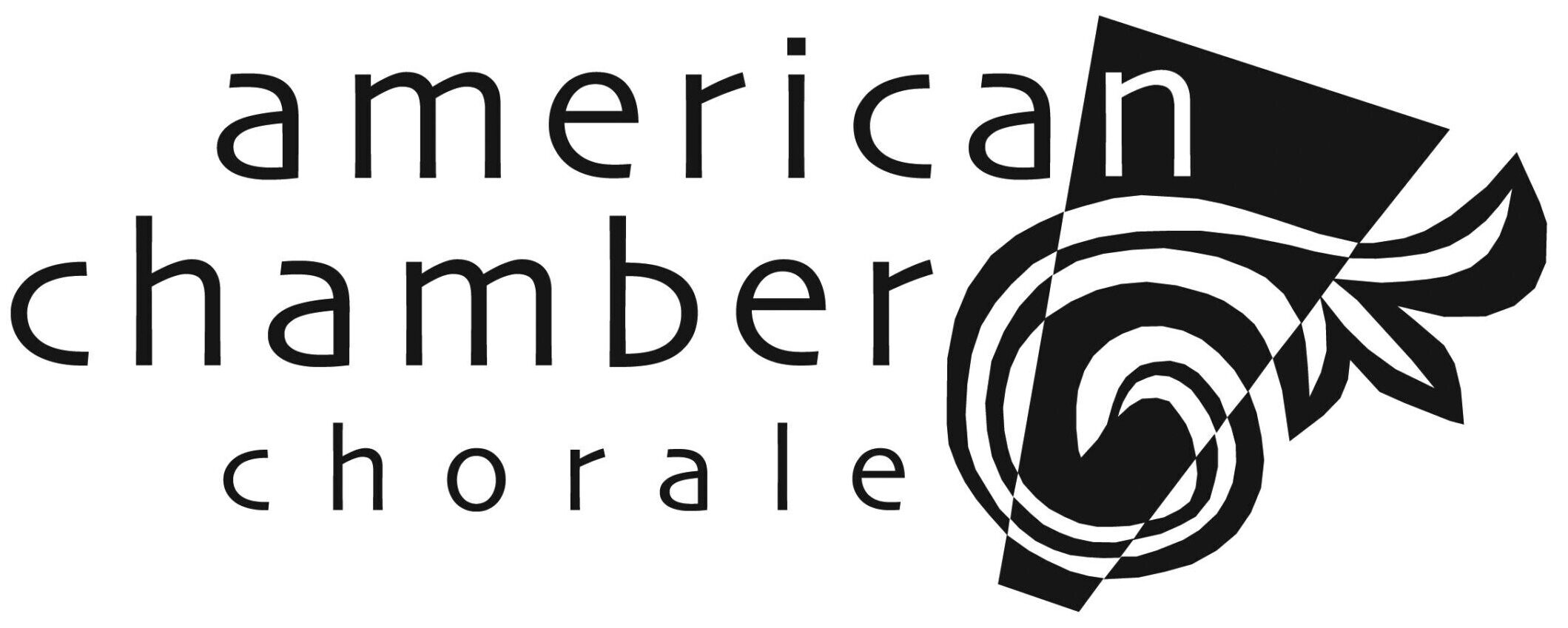Arvo Pärt grew up in communist Estonia, part of the former Soviet Union. His early modernist music brought him respect from the West but did not meet the approval of the communist regime. Pärt broke new ground in 1968 with his Credo. Credo was an abrupt departure from Pärt’s previous music which had become empty, dry, meaningless, even childish to him. Pärt considered Credo to be symbolic of his frustration with the neo-classical style. With its musical quote from Bach and religious text, Credo would never have been allowed a performance had the score not been hidden from the eyes of government censors by the conductor of the first performance, Neeme Järvi. (Järvi later became principal conductor of the Detroit Symphony).
Credo became a rallying point against communist oppression, both because of its extreme musical nature and its religious expression. Then, the unexpected happened: Pärt fell silent, writing no music for eight years.
During this time, he re-studied the origins of Western music: early polyphony, chant, and music of the Renaissance. He reimerged with a completely new way of writing music which he calls tintinnabuli, referring to the ring of little bells. This new music is based on Western music’s simplest and purest elements: a melody comprised of notes from one key and harmony using notes from a single chord.
Stephen Morton
